KS2 - Intro to AI
Artificial Intelligence Workshop for KS2
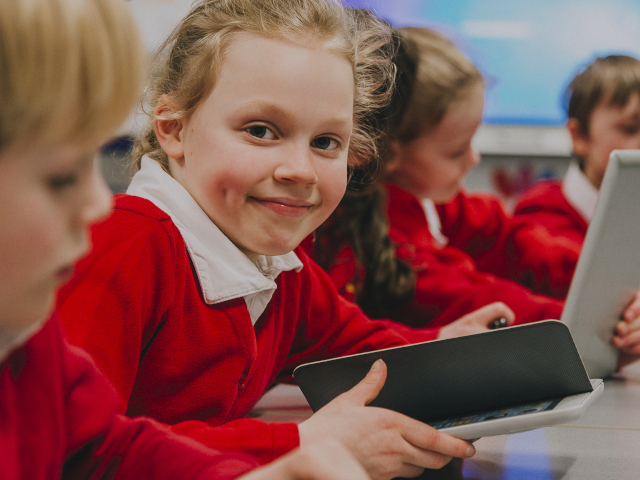
AI is rapidly changing our lives and how we use computers to solve problems. Even young children benefit from understanding how AI works, its advantages and limitations.
These highly interactive and entertaining workshops introduce Artificial Intelligence to KS2 pupils. They learn why AI is different from traditional rules-based coding, then do experiments with Machine Learning (a common type of AI) to train computers equipped with cameras to recognise fun objects in the room. Pupils also use generative AI to create stunning images, within a completely safe moderated environment.
The practical activities are interspersed with demonstrations of real-life applications of AI, along with short quizzes which check pupils' understanding.
Session activities
The core of this workshop is training an object recognition system and exploring text-to-image generators. The exact selection of activities depends on the age of the pupils and the length of the workshop.
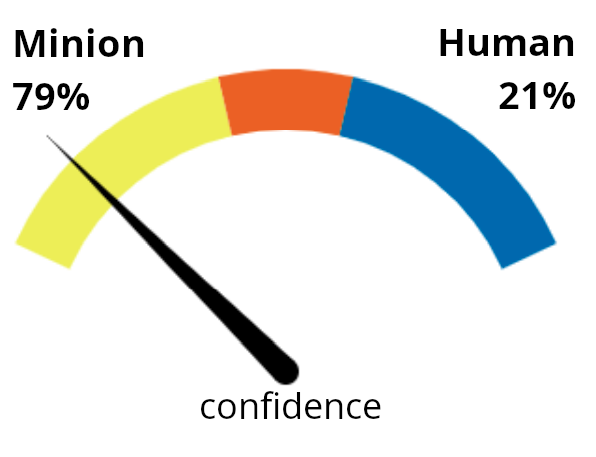
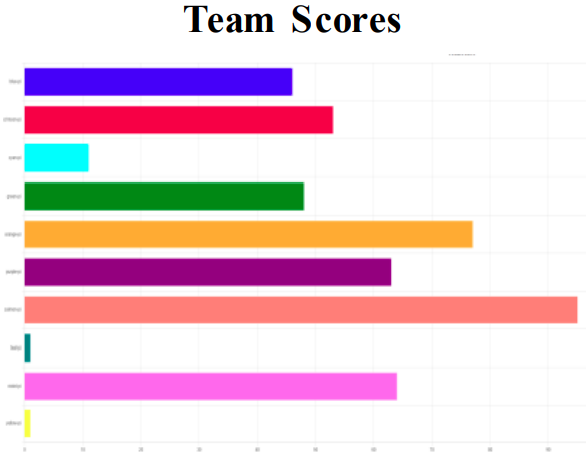
Object Recognition
Working in teams, pupils use the camera to capture examples of objects to recognise, such as soft Minion toys (which are provided) and humans. Once the training images have been processed, teams compare the accuracy of their object recognition systems using easy to understand data visualisations and observe how their different choices of training images impacts performance. They also learn why the AI algorithm does not always correctly recognise an object.
They then learn how AI algorithms 'see' the world compared to human vision and apply this new knowledge to improve their AI systems.
Throughout this activity, the training images are saved on the computers within the classroom and are never shared or uploaded anywhere else. At the end of the workshop, we show that all the images are deleted.

Quizzes
Pupils use the tablets to take part in short quizzes which check their learnings and encourage them to think about the steps involved in applying AI.
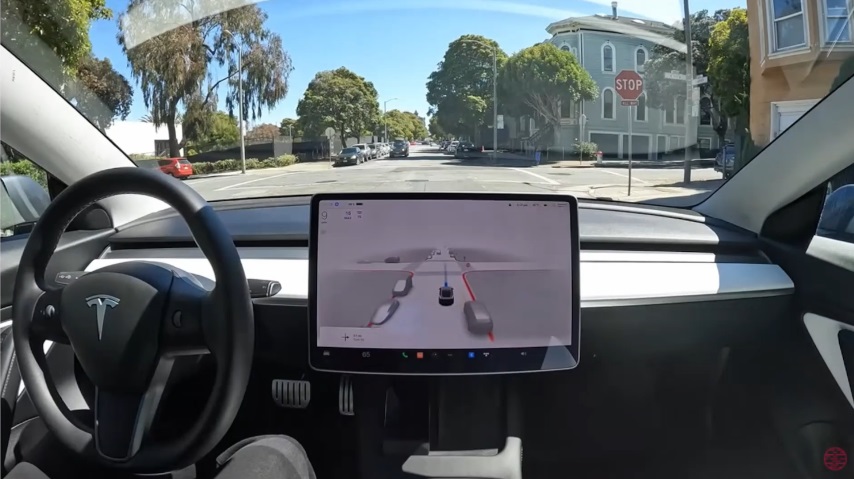
Applications
Pupils see a range of real-life applications of AI, from self-driving cars, to measuring deforestation and making film recommendations.
We discuss the benefits and potential issues in each application, building on the findings from the earlier Object Recognition activity.

Generative AI
Pupils see the creative possibilities of Generative AI, by using a text-to-image generator. The output images are moderated to ensure they are safe and appropriate for pupils.
We discuss why Generative AI requires so much training data and where this data is sourced from.
The current state of AI-generated music is also demonstrated by challenging pupils to identify tracks which have been composed by AI or Humans.
Equipment
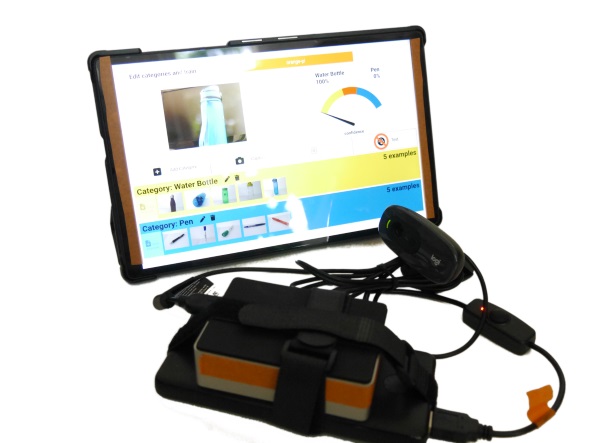
All equipment is provided and no school IT equipment or network access is required, apart from a screen or projector to which we connect our laptop.
Each team receives a touchscreen tablet and a battery-powered Raspberry Pi mini computer, with a webcam attached. They use the tablet to interact with the Raspberry Pi, control the camera, view results and participate in team quizzes.
The tablet and Raspberry Pis do not have any internet access and are fully locked down so that only the workshop content is accessible.
Session format
The format is very flexible, however we recommend that each session lasts 90 minutes for approximately 30 pupils at once, which ensures time for multiple activities, discussions and plenty of interactivity. The minimum duration is 60 minutes and the maximum capacity is 40 pupils.
The workshop is intended for pupils in Years 4, 5 & 6 and we are also experienced in adapting the material and delivery for SEN pupils.
No prior knowledge is needed and none of the activities require any coding.
The workshop can be run in any classroom or hall with tables and does not need to be where school computers are situated.
Please get in touch to discuss your requirements.
Curriculum links
The workshop content links with the National Computing Curriculum, as well as promoting data literacy and data ethics:
"Can evaluate and apply information technology, including new or unfamiliar technologies, analytically to solve problems."
"Select, use and combine a variety of software on a range of digital devices to design and create a range of programs, systems and content that accomplish given goals."
Learning outcomes
All pupils can list the stages of the Machine Learning (ML) process and have applied ML to train a computer to distinguish between two categories of objects.
All pupils have created images using Generative AI and understand how these systems are trained.
Most pupils have compared the relative accuracy of two ML systems and observed how the performance can be improved by increasing the variety and quantity of training data.
Some pupils have discussed the implications of letting Machine Learning algorithms make decisions and generate new content.
Safety and privacy
Information about safeguarding, safety measures and data privacy can be found on our Safety page.
Cost
- £450 for a half-day visit (e.g. 1-2 workshops)
- £650 for a full-day visit (e.g. 3-4 workshops)
This workshop is eligible for the Neon bursary scheme for schools.
We do not charge VAT on these prices. Our timings are flexible so please get in touch to discuss your requirements.
Currently we are only able to visit schools in and around London but hope to reach more areas in future.